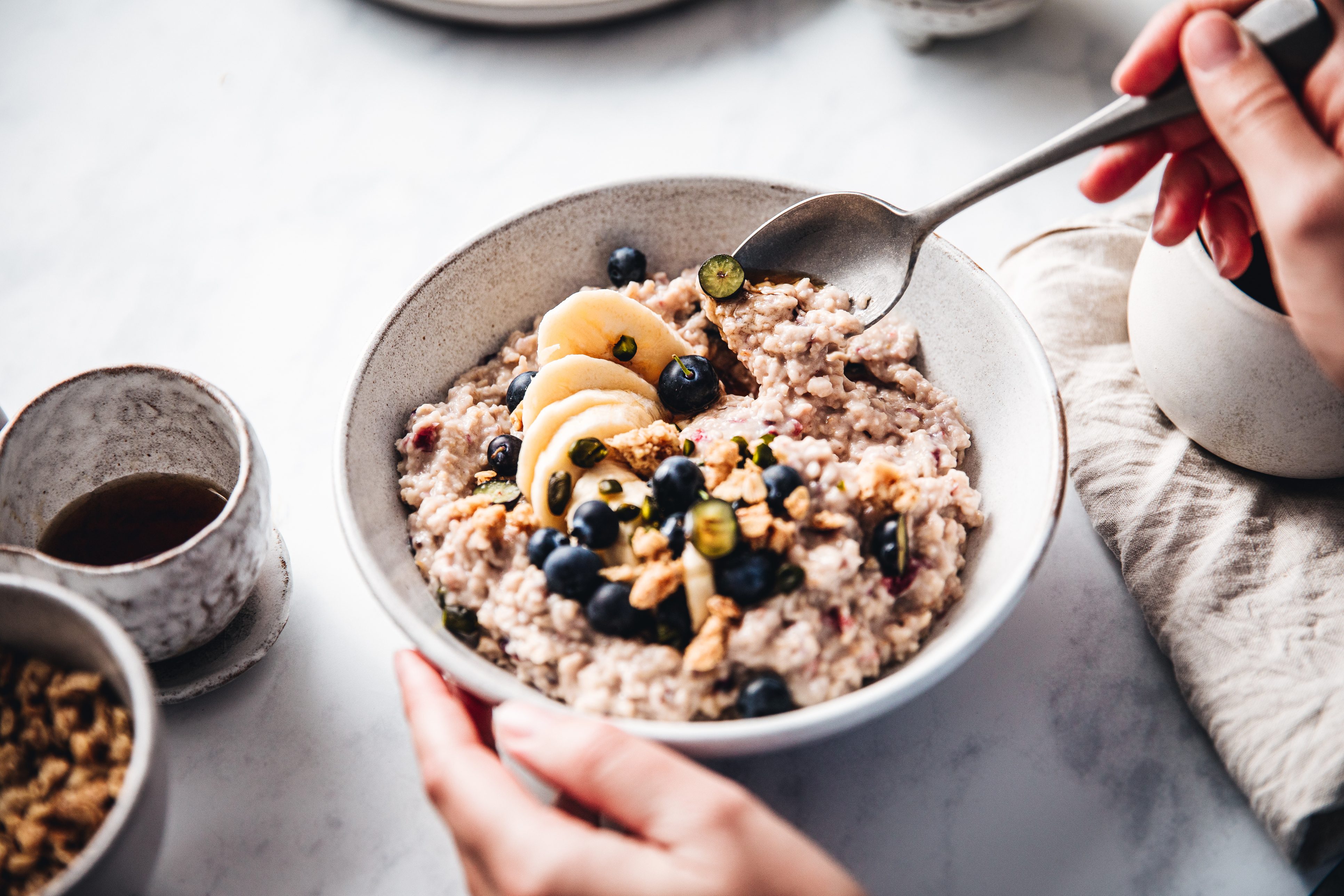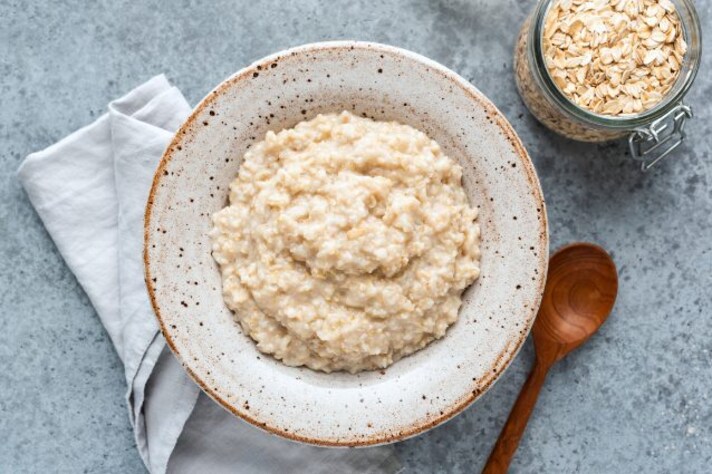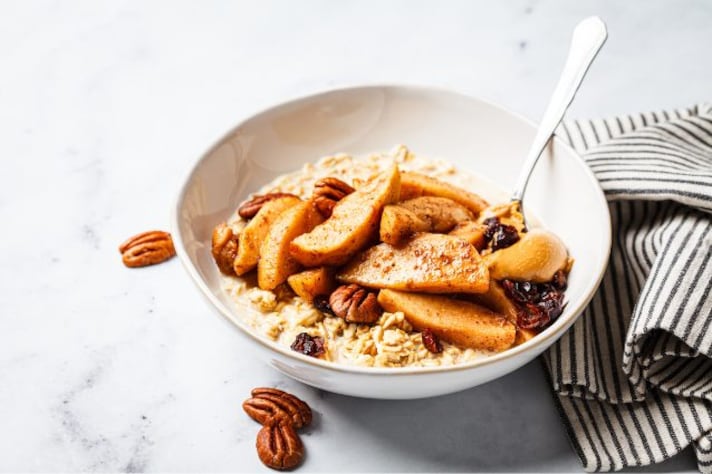Why You Should Never Add Milk to Your Oatmeal
Breakfast is crucial, and oatmeal is a top choice. Yet, adding milk may hinder nutrient absorption and add unwanted fats. For a healthier option, use water or plant-based milks, and enrich with fruits, nuts, and spices for a nutritious, delicious start.
;Resize,width=742;)
Breakfast, often hailed as the most important meal of the day, sets the tone for our energy levels, focus, and overall health. Among the myriad of breakfast options, oatmeal stands out as a champion of nutrition and satiety. This humble grain, packed with fiber, proteins, and essential nutrients, offers the perfect canvas for a plethora of healthy, flavorful toppings. It's an ideal choice for those seeking to start their day with something both fulfilling and beneficial. However, while oatmeal itself is a powerhouse of health, there's a common additive that many argue should be left out of the mix: milk. This might come as a surprise to some, as milk and oatmeal have long been breakfast bedfellows, but a closer look reveals why this combination might not be as beneficial as once thought.
Why You Should Never Add Milk to Oatmeal
The main argument against adding milk to oatmeal centers on nutrition absorption and dietary concerns. Milk, especially whole milk, adds saturated fats and calories to your oatmeal, potentially overshadowing the grain's natural health benefits. For those with lactose intolerance or dairy sensitivity, milk can trigger digestive issues, making what should be a wholesome start to the day an uncomfortable experience. Furthermore, the nutritional profile of oatmeal—a high-fiber, high-protein meal—is somewhat diluted by the addition of milk, which can affect the body's insulin response and slow down the absorption of the oatmeal's natural nutrients.

Another point of contention is the environmental impact. Dairy production is resource-intensive, with a significant carbon footprint. By opting for water or plant-based alternatives in oatmeal, individuals can make a more environmentally friendly choice that aligns with a sustainable lifestyle.
What are Some Healthier Additions?
So, what should you add to your oatmeal instead? The key is to enhance its nutritional profile while keeping the meal delicious and satisfying. Water is the simplest choice for cooking oatmeal, preserving its natural texture and allowing the flavor of your toppings to shine. For those missing the creaminess that milk provides, plant-based milks—such as almond, oat, or coconut milk—offer a lactose-free, lower-calorie alternative that complements the oatmeal without overwhelming its benefits.

To further enrich your oatmeal, consider adding fruits like berries, bananas, or apples for a natural sweetness and a boost of vitamins. Nuts and seeds can introduce healthy fats, protein, and an enjoyable crunch. For an extra layer of flavor and nutrition, spices such as cinnamon, nutmeg, or cardamom can make your oatmeal taste like a gourmet meal without any added sugars.
;Resize,width=767;)

;Resize,width=712;)

